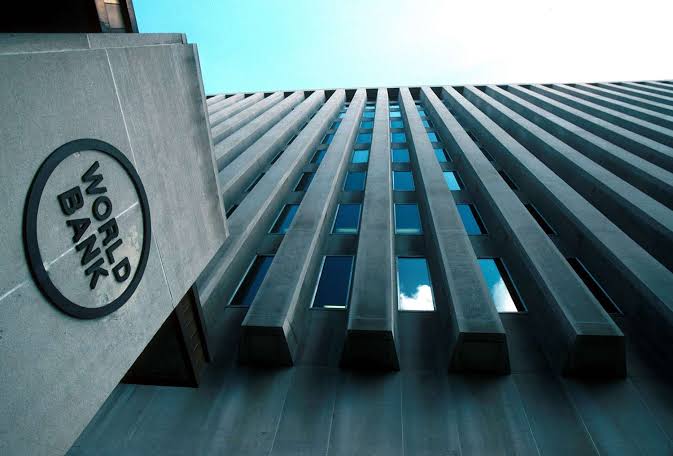The World Bank has approved $1.08 billion in concessional financing to support Nigeria’s education sector, enhance nutrition, and strengthen economic resilience.
In a statement on Wednesday, the bank said the funds would improve education quality, build household and community resilience, and enhance nutrition for underserved groups.
The financing includes $500 million for the Community Action for Resilience and Economic Stimulus Programme (NG-CARES), $80 million for the Accelerating Nutrition Results in Nigeria (ANRIN 2.0), and $500 million for the Hope for Quality Basic Education for All (HOPE-EDU) initiative.
Originally designed to address the economic impact of COVID-19, the NG-CARES programme has benefited over 15 million people and will now focus on expanding access to livelihood support, food security services, and grants for vulnerable households.
The new funding aims to help Nigeria manage economic challenges following the 2023 removal of fuel subsidies and foreign exchange unification.
ANRIN 2.0 seeks to improve maternal and child nutrition by providing quality nutrition services for pregnant women, lactating mothers, adolescent girls, and children under five. Between 2018 and 2024, the initial ANRIN programme delivered nutrition services to over 13 million children under five.
The HOPE-EDU initiative will strengthen Nigeria’s basic education system, benefiting 29 million public primary school pupils, 500,000 teachers, and more than 65,000 public schools. The project will also address school overcrowding and improve education funding allocation. An additional $52.18 million will come from the Global Partnership for Education Fund.
World Bank Country Director for Nigeria, Dr. Ndiamé Diop, emphasized the importance of human capital investment, saying, “These new programmes will help accelerate education quality and support vulnerable citizens.”
Diop added that the funding would aid Nigeria’s shift from pandemic recovery to long-term economic resilience while improving access to nutrition and education services.








